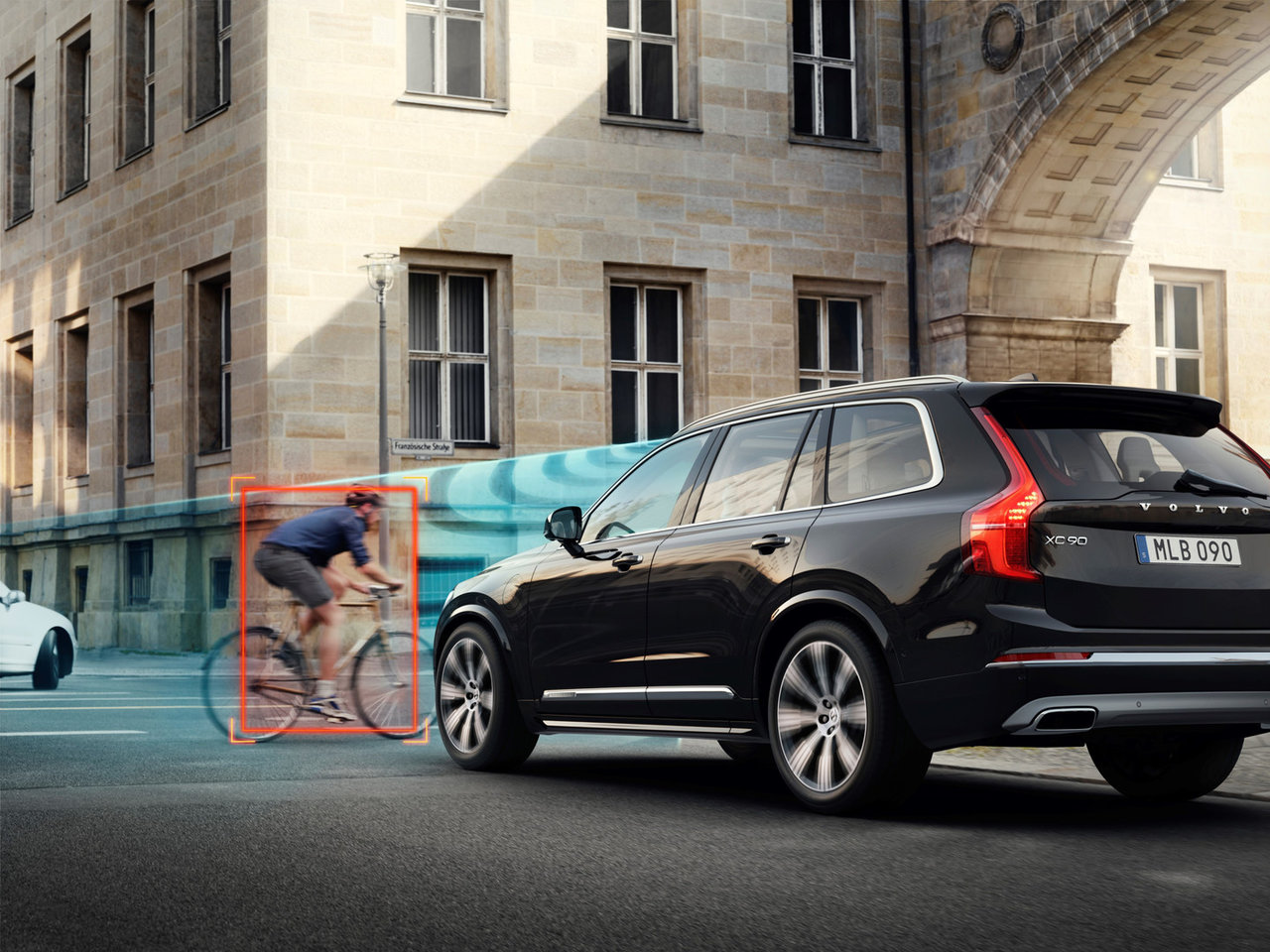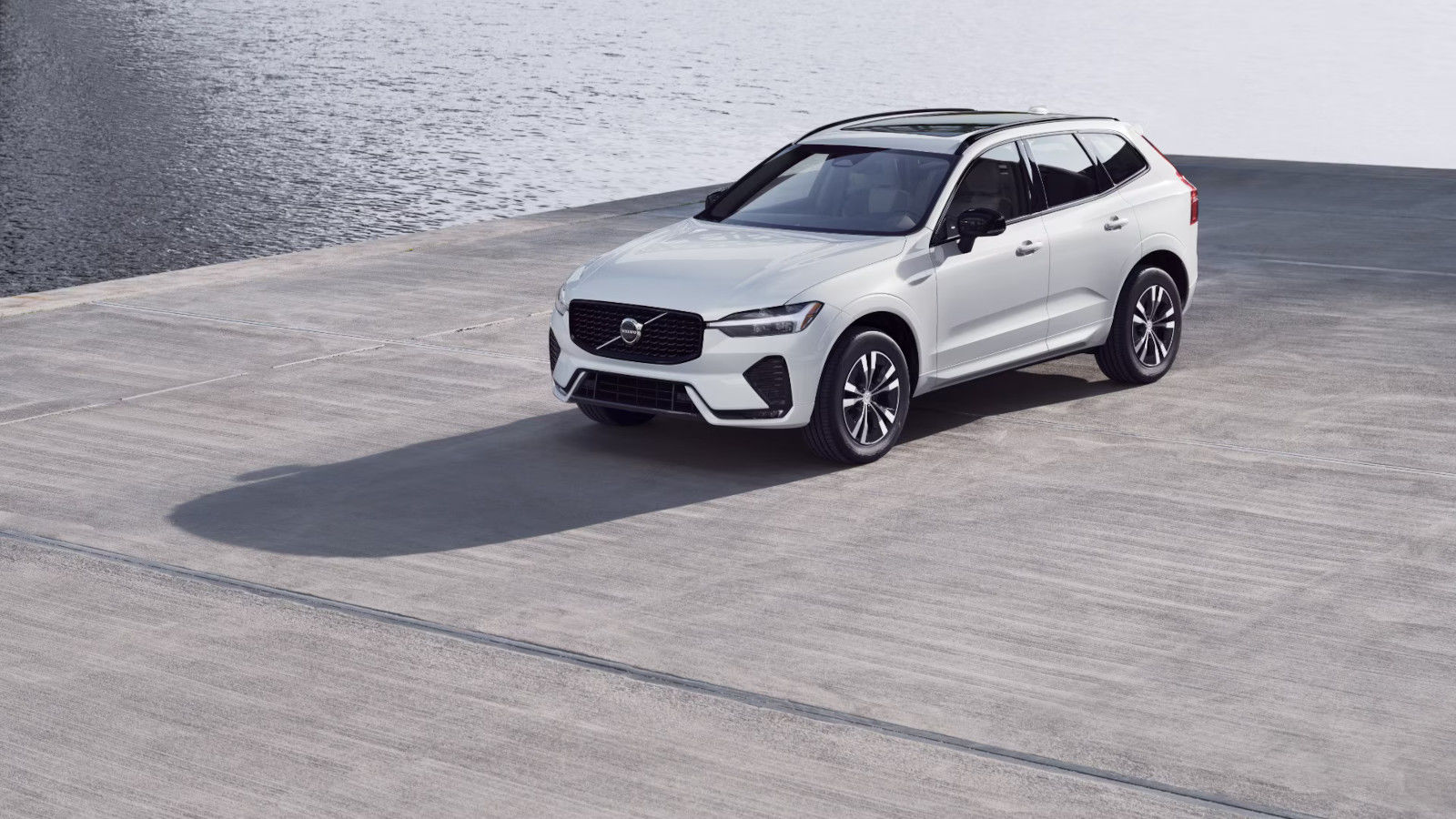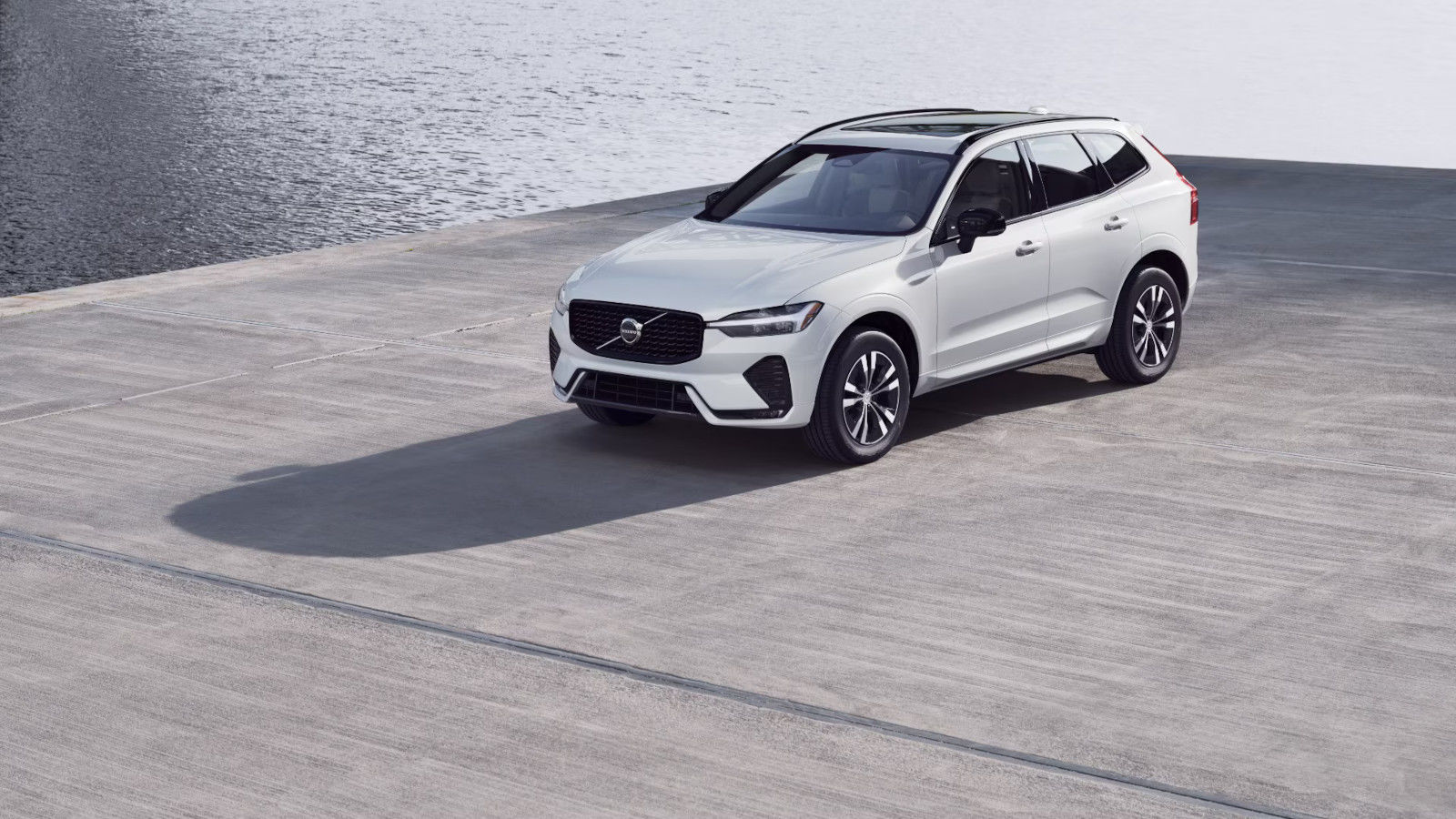
Photo for illustrative purposes only.
Find out moreVolvo Cars Mont-Royal

Behind every safety feature in a modern Volvo lies decades of research, countless hours of testing, and a remarkable commitment to protecting human life. While many know Volvo for their safety reputation, few understand the depth of research and innovation that makes this reputation possible.
The Power of Real-World Research
Since 1970, Volvo's Accident Research Team has investigated more than 43,000 real-world crashes involving over 72,000 people. This isn't just about collecting data - it's about understanding how accidents happen and how people survive them. Each crash investigation provides vital insights that shape future safety innovations.
This research led to a groundbreaking discovery: traditional crash tests weren't telling the complete story. Women faced different injury risks than men, particularly in whiplash scenarios. Children needed specialized protection systems. These insights drove Volvo to develop more inclusive safety features, ensuring protection for all occupants regardless of size, age, or gender.
Turning Innovation into Action
The story begins with the three-point seatbelt in 1959. When engineer Nils Bohlin developed this life-saving device, Volvo made an unprecedented decision to share the patent freely with other manufacturers. This single innovation has saved over one million lives - a testament to the power of putting safety before profit.
The research team's findings continued to drive innovation. Understanding the unique needs of children led to the first rear-facing child seat in 1972, inspired by astronaut positioning during space launches. Recognizing the devastating impact of side collisions resulted in the Side Impact Protection System (SIPS) in 1991, followed by side airbags and inflatable curtains.
The Digital Safety Revolution
As technology evolved, so did Volvo's approach to safety. The introduction of City Safety in 2008 marked a new era of accident prevention. This automatic braking system significantly reduced low-speed collisions, proving that digital technology could prevent accidents before they happen.
Connected Safety, introduced in 2016, took this concept further. Volvo vehicles now communicate with each other about road hazards, creating a network of shared safety information. The new Driver Understanding System uses dual cameras to monitor driver alertness, marking another step toward predictive safety.
Research Drives Progress
In 2019, Volvo took an extraordinary step by launching the EVA Initiative, sharing over 50 years of safety research with the entire automotive industry. This move reflected their belief that safety knowledge should benefit everyone, not just Volvo drivers.
Today's Innovations, Tomorrow's Standards
Modern Volvo vehicles showcase how research translates into real-world safety features. LiDAR technology provides unprecedented accuracy in detecting vehicles, pedestrians, and cyclists.
The Whiplash Protection System (WHIPS) exemplifies how research shapes design. By understanding the different ways injuries affect various body types, Volvo created a system that provides equal protection for all occupants. Similar insights led to the development of integrated booster cushions, run-off road protection, and automatic emergency braking systems.
Looking Ahead: The Future of Safety
As we move toward autonomous driving, Volvo's research-driven approach becomes even more critical. Their vision of zero collisions isn't just an ambitious goal - it's a research objective that drives innovation. From connected car features that warn of slippery roads to emergency braking systems that prevent head-on collisions, each new feature builds on decades of research and real-world experience.
A Legacy of Continuous Innovation
What sets Volvo apart isn't just their safety innovations - it's their systematic approach to understanding and preventing accidents. Every feature, from the simplicity of the three-point seatbelt to the complexity of AI-driven safety systems, starts with research into how to better protect people.
The result is a safety heritage that continues to evolve and improve. As automotive technology advances, Volvo's commitment to protecting lives remains unchanged, guided by research that shows what works in the real world. This dedication to understanding and preventing accidents has made Volvo not just a leader in safety technology, but a pioneer in the science of saving lives.
Through continuous research, bold innovation, and an unwavering commitment to human life, Volvo continues to transform how we think about automotive safety. Their journey shows that true safety leadership isn't just about creating new features - it's about understanding how to protect people in every possible scenario.

Photo for illustrative purposes only.
Find out more
Volvo EX90: The future of electric luxury, now in Mont-Royal
A new chapter in premium mobility Volvo Mont-Royal introduces the Volvo EX90, a 100% electric SUV redefining modern luxury. Designed for families,...
Read more
Choosing the Perfect 2025 Volvo XC60 for Your Needs
The 2025 Volvo XC60 lineup offers a carefully curated selection of powertrains and trim levels, each designed to meet specific driver needs. From...
Read more
Preparing Your Volvo for Winter: Essential Steps for a Smooth Season
As winter approaches, it’s important to prepare your Volvo for the challenges of cold temperatures, snow, and ice. By taking a few essential steps,...
Read more